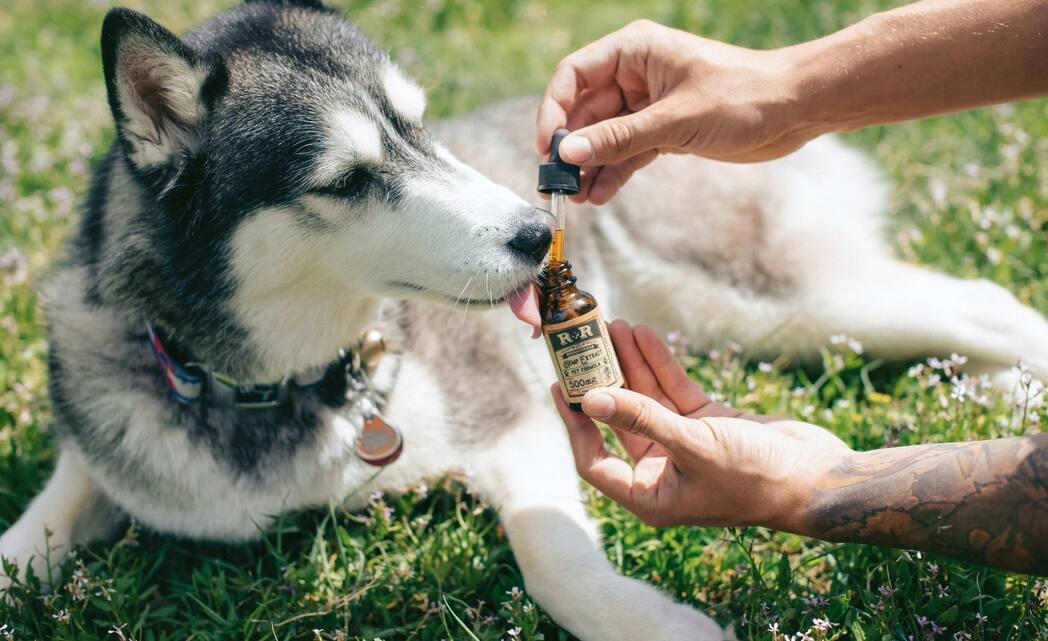Cats are cherished members of people’s families, and when they suffer from health issues, it can be heart-wrenching for their human companions. One such distressing condition that some feline friends may experience is seizures. Witnessing a cat going through a seizure can be a terrifying experience, leaving pet owners feeling helpless. However, there is hope on the horizon in the form of CBD oil, a natural remedy that has shown promise in reducing the frequency and severity of seizures in beloved feline patients. This article will look at what the best CBD oil for cats out there can do for your beloved pet.
Table of Contents
The Mystery of Feline Seizures
Before delving into the potential benefits of CBD oil, it’s crucial to understand what feline seizures entail. A seizure is a sudden, uncontrolled burst of electrical activity in the brain, resulting in abnormal behavior, movements, and sensations. Seizures in cats can manifest in various forms, including convulsions, twitching, drooling, and loss of consciousness. Various factors, such as underlying medical conditions, toxins, or genetic predisposition, can trigger these episodes.
The Desperate Search for Solutions
When a beloved cat suffers from seizures, pet owners often embark on a desperate search for solutions. They turn to their trusted veterinarians, hoping for guidance and effective treatment options. Traditional treatments for feline seizures typically involve prescription medications, such as phenobarbital and potassium bromide. While these drugs can be effective, they may have side effects and not work for all cats.
The Promise of CBD Oil
Enter CBD oil, a natural alternative that has garnered attention for its potential to alleviate seizures in both humans and animals. CBD, short for cannabidiol, is a non-psychoactive compound found in the cannabis plant. Unlike its cousin, THC (tetrahydrocannabinol), CBD doesn’t induce a “high.” Instead, it interacts with the endocannabinoid system, a complex network of receptors in the body that helps regulate various physiological functions, including neurological activity.
How CBD Oil May Help Feline Seizures
Research into the use of CBD oil for feline seizures is still in its early stages, but there is growing evidence suggesting its effectiveness. CBD is thought to work by modulating the activity of neurons in the brain, reducing the likelihood of excessive electrical discharges that trigger seizures. Additionally, CBD possesses anti-inflammatory and neuroprotective properties, which could further support its use in managing seizures in cats.
Choosing the Right CBD Oil
If you’re considering CBD as a potential treatment, looking for the best CBD oil for cats and choosing a high-quality product is essential. Look for CBD oil specifically formulated for pets, as it will be appropriately dosed and free of harmful additives. Always consult your veterinarian before starting any new treatment regimen, as they can guide the appropriate dosage and monitor your cat’s progress.
Potential Benefits Beyond Seizures
While CBD oil’s potential in managing feline seizures is promising, it’s worth noting that CBD may offer other benefits for cats. It has been explored as a remedy for anxiety, pain, and even inflammatory conditions. This multifaceted nature of CBD makes it an intriguing option for overall feline well-being.
Other Considerations
CBD oil is generally considered safe for cats when administered under the guidance of a veterinarian. However, it’s crucial to be cautious and monitor your cat for any adverse effects. Some cats may experience mild side effects, such as drowsiness or gastrointestinal upset, while others may not tolerate CBD well. Always start with a low dose and gradually increase it as needed under the supervision of your vet.
Conclusion
Feline seizures can be a distressing and challenging issue for both cats and their human companions. While traditional treatments exist, they may not always be effective or come without side effects. CBD oil offers a promising natural alternative, with early research suggesting its potential to reduce the frequency and severity of seizures in cats.












